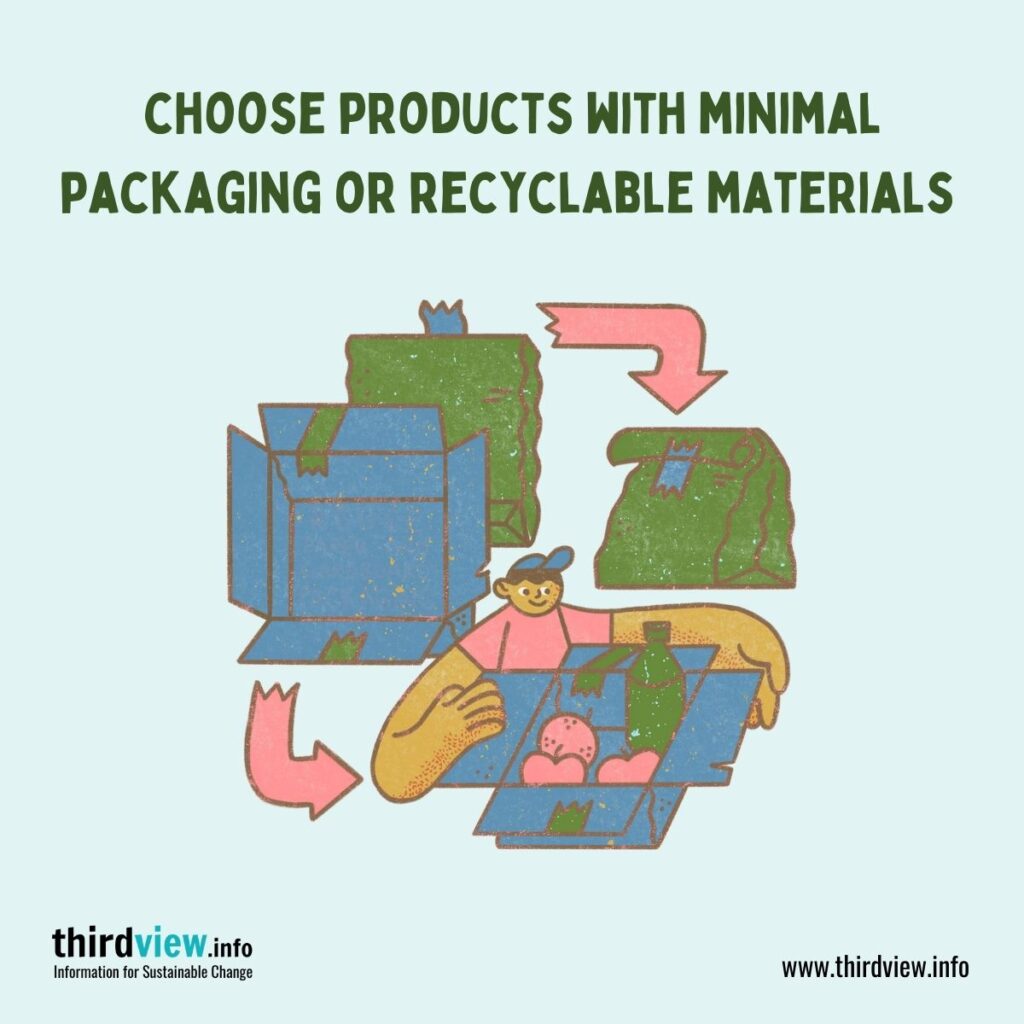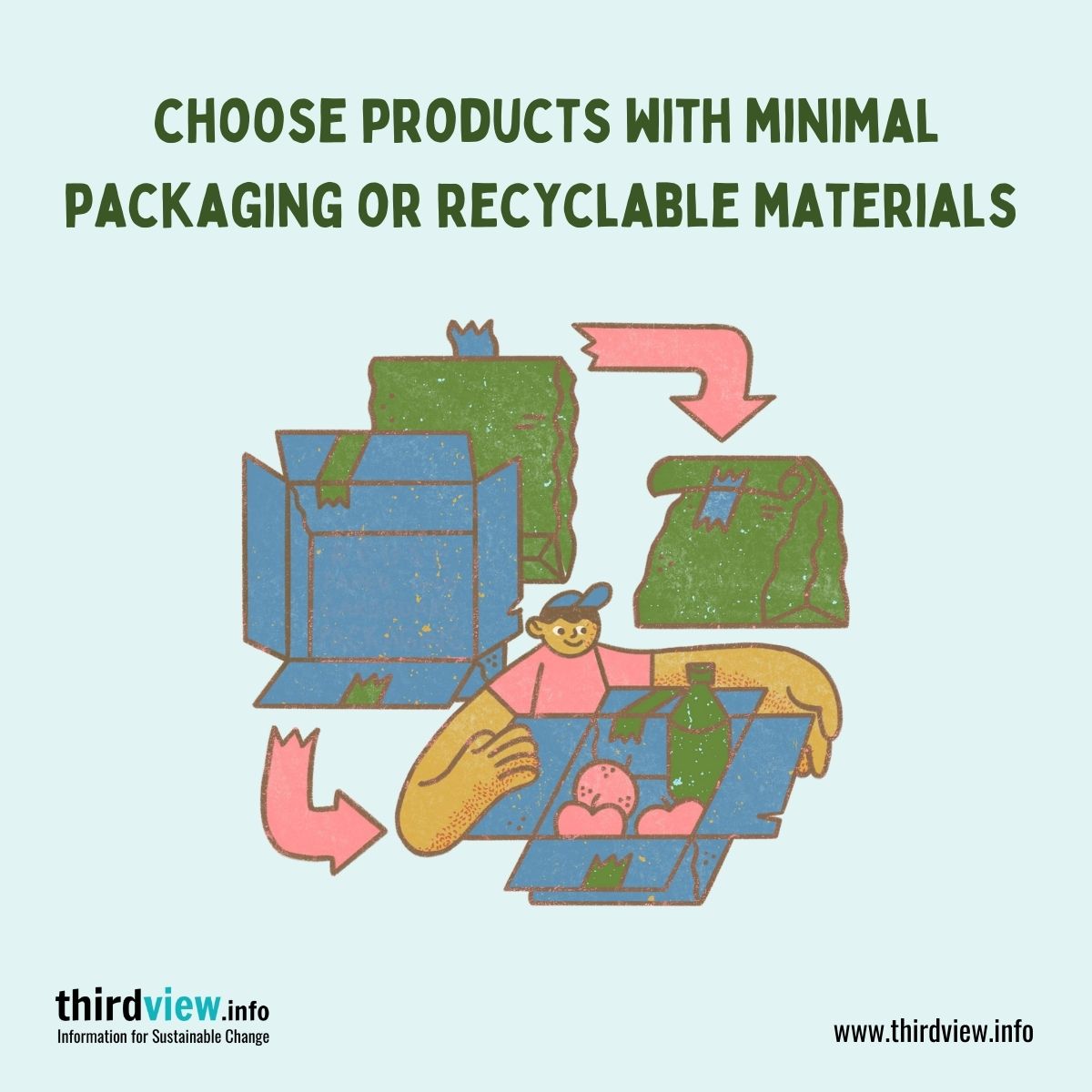With the increasing awareness of climate change, it’s becoming more important than ever to make eco-friendly choices in our everyday lives. Shopping for groceries is no exception — there are plenty of ways to make green choices when you’re at the store. From choosing local produce to opting for plant-based alternatives, here are some simple tips for making your grocery shopping trips a bit more sustainable.
Choose local produce
It takes a lot of energy and resources for food items to travel from their origin country or state all the way over to your local supermarket shelves. To minimize this environmental impact as much as possible, try shopping locally whenever possible — this could mean buying produce that is grown within 100 miles of where you live or purchasing seafood caught off local coasts, depending on where you live. You can usually find signs labelling produce with its place of origin; look out for these labels so that you know exactly what you’re buying.
Opt for plant-based alternatives
Animal products — especially beef and dairy — are some of the worst offenders when it comes to their carbon footprint. Reducing your consumption of these products can drastically reduce your environmental impact while still allowing you to enjoy many delicious meals. There are countless meat and dairy alternatives available on the market today, from tempeh strips to vegan ice cream, so it’s easier than ever before to swap out animal products for plant-based ones when doing your grocery shopping.
Choose reusable bags
One of the easiest and most effective ways to reduce your environmental impact while grocery shopping is to opt for reusable bags instead of plastic or paper ones. Reusable bags are usually made of natural materials like cotton or jute, which are more durable and will last much longer than their single-use counterparts.
Opt for unpackaged options
Rather than choosing pre-packaged items with lots of plastic wrapping, opt instead for unpackaged options wherever possible. You can often find local produce such as fruits, vegetables, nuts, and grains that are sold loose in bulk bins. This way you avoid unnecessary packaging waste, and you get exactly the amount that you need.
Making small changes like these when doing your grocery shopping can add up over time and contribute significantly towards reducing our collective impact on the environment. Plus, most sustainable options are also good for our health and wallet. Next time you hit up the grocery store, keep these tips in mind so that you can make eco-friendly choices without sacrificing convenience or taste. Happy shopping!


